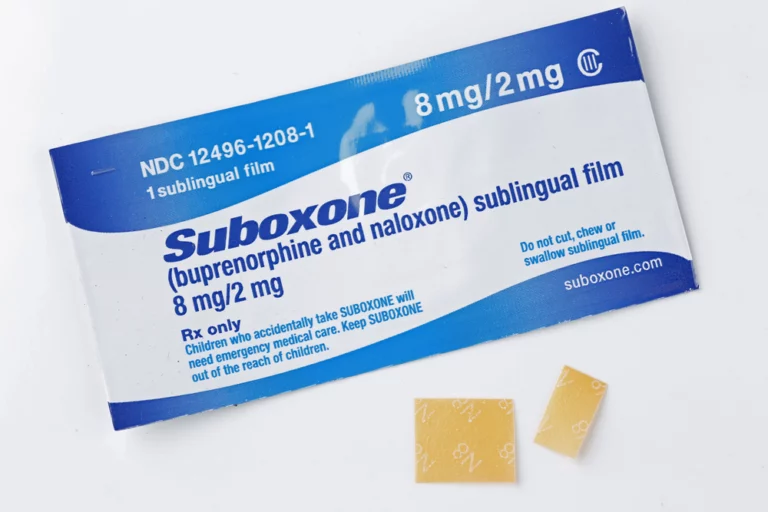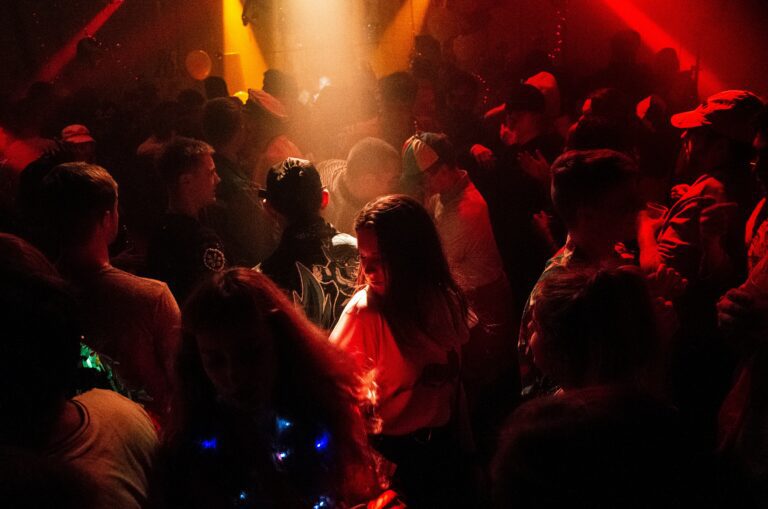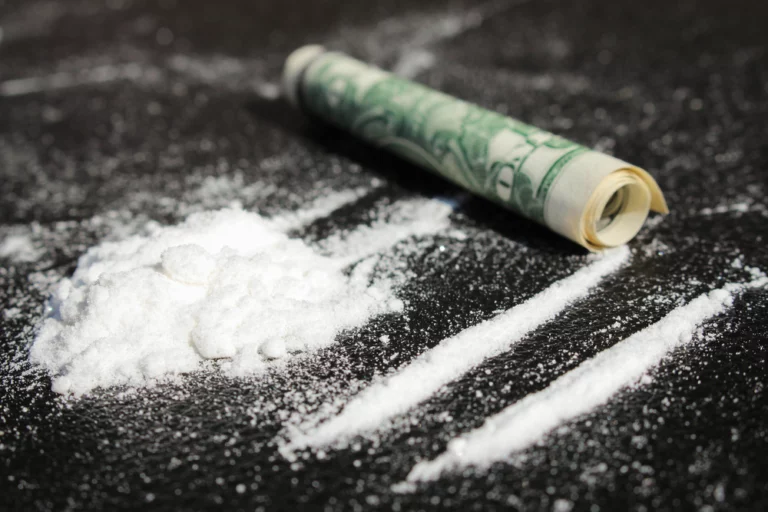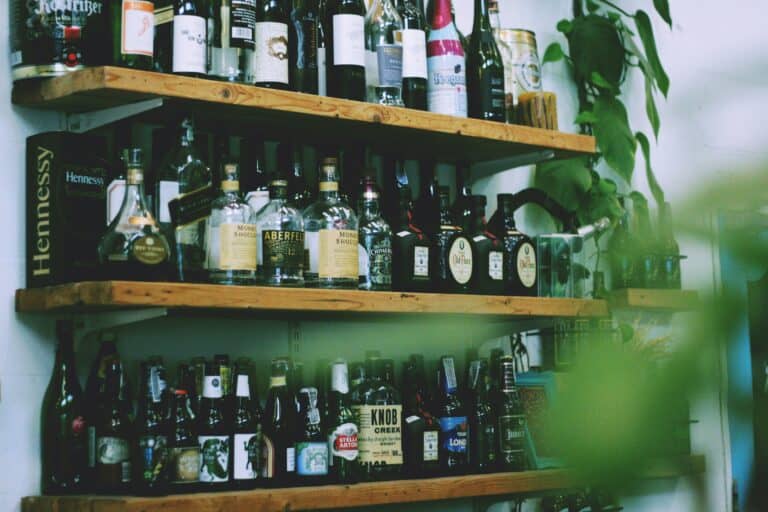It’s important to be aware of colloquial terms for addictive substances such as the street names for heroin or nicknames for cocaine. This awareness will help you better understand potentially dangerous situations like a child speaking in slang about using drugs.
If you suspect your child is using drugs, it’s crucial to be knowledgeable about the latest slang to catch the problem early. If your child has an addiction to drugs or alcohol, early detection will be crucial in getting them the help they need as soon as possible. This article will discuss commonly abused drugs and their many street and nicknames.
Street Names for Heroin and Other Drugs
Loved ones of teens often find themselves playing detective when trying to crack the codes of their loved one’s behavior, emotions, or texting terms. It gets even more difficult when dealing with drug use because teens often try to hide their tracks.
Is that soda can really a pot stash? When they want some ‘brown sugar,’ are they referring to the baking ingredient or heroin? Using the street names for heroin and other drugs allows teens to discuss drugs openly without setting off any alarms at school or at home.
From prescription medications to illegal drugs, slang terms are used to refer to a broad range of substances. If you hear your child uttering any of these common street names for heroin and other drugs, it may indicate they are taking them. It’s critical to recognize the street names for heroin and other drugs to identify drug abuse as early as possible and act before it turns into an addiction.
Nicknames for Cocaine
Regular cocaine use can result in dependence. Cocaine is a white powder that, when snorted, smoked, or injected, produces a short burst of energy and elation. A cocaine high wears off quickly, leaving users craving another hit, which frequently turns casual cocaine abuse by teenagers into a long-term habit. Approximately 3.8% of 12th graders in the United States have tried cocaine at least once. Nicknames for cocaine include:
- Blow
- Bump
- Coke
- Dust
- Flake
- Line
- Nose Candy
- Rail
- Snow
- Snow White
- White
- Yayo
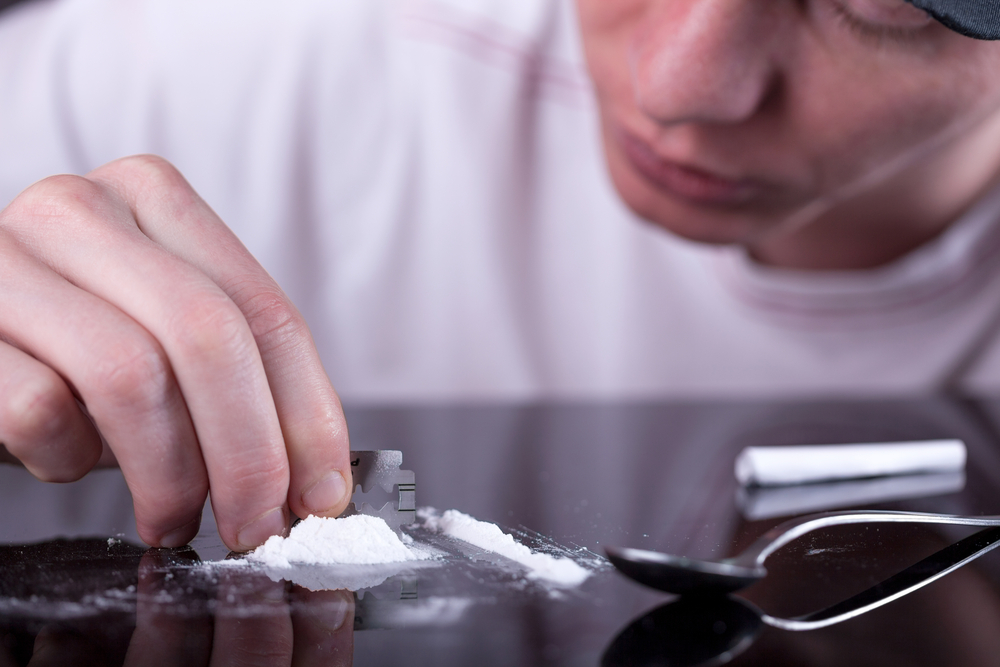
Slang Terms for Adderall
Adderall has become the symbol of prescription drug abuse among teens, as a result of its use by children with attention disorders. It is also one of the most popular study aid drugs, which students seek out to boost their concentration and endurance levels prior to exams or for all-night study sessions. In recent years, it has also become popular at parties. Slang terms for Adderall include:
- Addys
- Beans
- Bennies
- Copilots
- Pep Pills
- Red Pep
- Smart Pills
- Speed
- Study Buddies
- Uppers
- Zing
Nicknames for Meth
Methamphetamine, frequently referred to as crystal meth, is a stimulant with effects that last for hours and lead to a severe comedown (or “crash”). Many other health problems may ensue after the first use of methamphetamine. One in 33 American teens have experimented with meth, starting at an average age of 12 and a quarter. Many report that it would be simple to purchase the drug. Nicknames for meth include:
- Chalk
- Crank
- Crystal
- Glass
- Ice
- Shards
- Speed
- Tina
- Tweak
- Whizz
Street Names for Ecstasy
Because of its accessibility and low cost, MDMA has become the drug of choice for young people at parties, nightclubs, concerts, and music festivals. On the other hand, MDMA, a chemical known to cause a rush of dopamine in the brain, is mixed with other substances to create ecstasy. Users report feeling more connected to each other after taking the drug. Street names for ecstasy include:
- Adam
- Beans
- Candy
- E
- Happy Pill
- Hug Drug
- Love Drug
- Molly
- Moon Rocks
- Rolls
- X
- XTC
Slang Terms for Fentanyl
Nonpharmaceutical forms of fentanyl are available for purchase, and certain slang terms are frequently used to describe them. Fentanyl is frequently found in powder form or on blotter paper as an illicit substance. Here are some common terms for fentanyl:
- Apache
- Cash
- China Girl
- China Town
- China White
- Goodfella
- Jackpot
- Murder 8
- Tango
- TNT
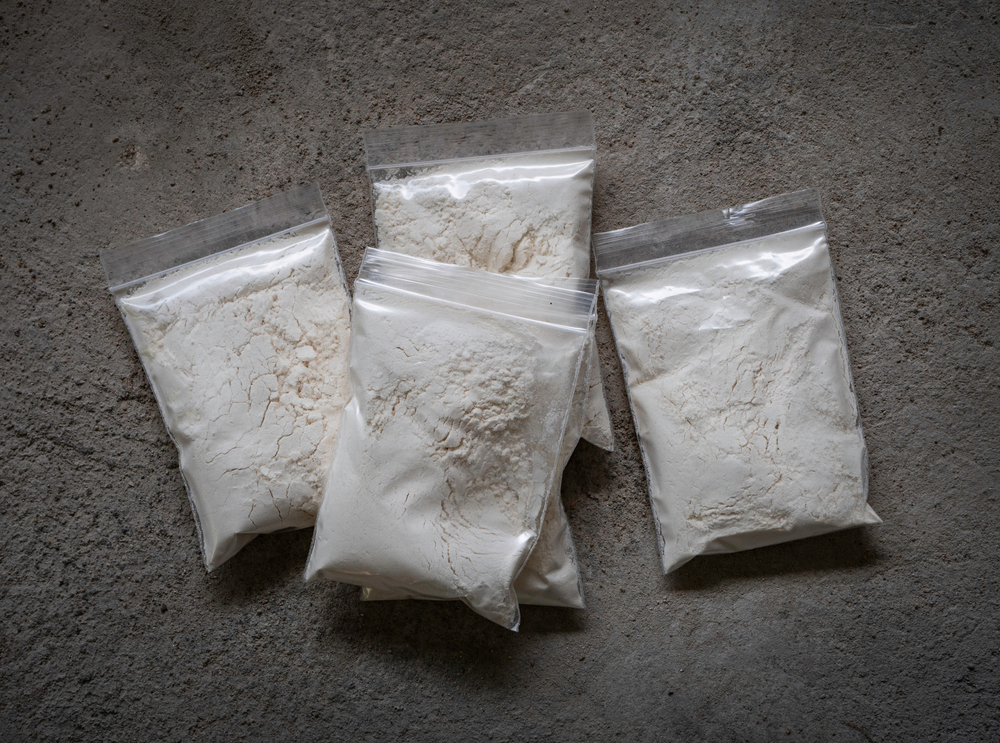
Street Names for Heroin
There are many street names for heroin. When injected into the body, heroin blocks the brain’s pain receptors, resulting in a numb, euphoric state for several hours.
In 2019, only 0.6% of high school seniors had tried heroin, but each person who uses it is at risk for its many serious side effects. Between 2002 and 2013, heroin use in the United States increased 63%. In 2014, an estimated 6,000 teens were addicted to heroin, in addition to an estimated 21,000 who had used it in the previous year. Street names for heroin include the following:
- Black Tar
- Boy
- Brown Sugar
- China White
- Dope
- Dragon
- H
- Mexican Brown
- Mud
- Skag
- Skunk
- Smack
Nicknames for Marijuana
Marijuana leaves, which are green, pungent, and frequently known as ‘weed,’ and many other terms, are the most popular drug among American youth. THC, a psychoactive chemical, is released when marijuana is smoked. Marijuana causes the user to feel relaxed, heightens their senses, and has a mild hallucinogenic effect. It can also cause paranoia and impaired motor function. Marijuana is used by 36% of 12th graders and 12% of 8th graders. Drug use at an early age harms their brain’s development.
- Bud
- Dope
- Ganja
- Grass
- Green
- Hash
- Hashish
- Hemp
- Herb
- Kush
- Mary Jane
- Pot
- Purple Haze
- Reefer
- Trees
Names for Xanax
Teens who misuse Xanax or other anti-anxiety medications like Valium, Klonopin, and Ativan, may feel dazed and out of it with few enjoyable side effects. However, once they begin taking it, they may find it difficult to stop. Those who abuse it are more likely to suffer serious side effects such as seizures, twitching, and depression. Those who mix Xanax with alcohol or other substances are at especially high risk. The following are just some of the nicknames for Xanax:
- Bars
- Benzos
- Blue Footballs
- Bricks
- Handlebars
- Planks
- White Boys
- White Girls
- Xannies
- Yellow Boys
- Z-Bars
- Zanbars
Nicknames for Inhalants
Household items with noxious fumes are frequently used by teens to get high through inhaling. Inhalants are substances inhaled through the nostrils or mouth to deliver a narcotic-like high. When a young person inhales an inhalant, they frequently empty some of its contents onto a rag or into a plastic bag, then hold it to their face and breathe. This is known as huffing. Different names for inhalants are listed below:
- Duster
- Glad
- Hippie Crack
- Huff
- Laughing Gas
- Moon Gas
- Nitrous
- Oz
- Poppers
- Rush
- Snappers
- Whippets
- Whiteout
Names for Mushrooms
The close resemblance between psychedelic mushrooms and those used in cooking is because they are cultivated in the same way.
Psilocybin is the hallucinogenic compound found in almost 200 mushroom species. In addition to nausea and panic attacks, psilocybin mushrooms can cause spatial and temporal distortions, hallucinations, and euphoria, much like LSD.
Teens who consume hallucinogenic mushrooms can forget their location and behave in a way they normally wouldn’t, resulting in dangerous situations. Approximately 7% of 12th graders report using hallucinogens like mushrooms. The following are some street names for mushrooms:
- Blue Meanies
- Boomers
- Buttons
- Caps
- Cubes
- Liberties
- Liberty Caps
- Magic Mushrooms
- Magics
- Shrooms
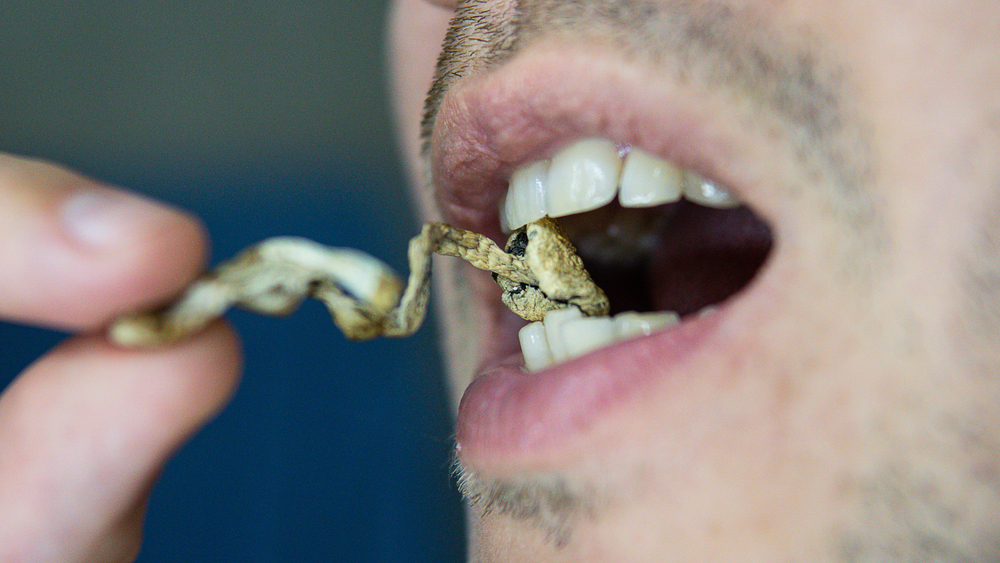
Nicknames for Cough Medicine
Cough syrup has become popular among teenagers as a result of its psychedelic effects, which are caused by the active ingredient dextromethorphan (DXM).
Some DXM-based syrups cause drug dependence, even in those who consume them recreationally. Codeine cough syrups were recently removed from the market for their severe danger, but teens can still get them from a doctor. The following are nicknames for cough medicines:
- Drank, Purple Drank or Sizzurp (combining cough syrup with soda)
- Drex
- DXM
- Orange Crush
- Poor Man’s X
- Red Devils
- Robo
- Robo tripping
- Rojo
- Triple C
- Tussin
- Velvet
- Vitamin D
Getting Help for Your Teen
The prevention of teenage substance abuse is of utmost importance for a multitude of reasons. This is also why it’s important to understand the street names for heroin and other drugs.
Young people are still developing critical life skills, their personal identities, and their likes and dislikes. If they begin using drugs to fit in or make friends, they may unwittingly set themselves up for a life-threatening habit; as a result, prevention is critical.
Some teens are more vulnerable to chemical dependency than others. There are many young people who are addicted to harsh or addictive substances, but those with mental health or psychological issues are at particularly high risk of substance abuse.
Those who are moving or transitioning between different schools may be particularly isolated and stressed, and as a result, they might turn to substances for distraction from their emotions.
It is important to start prevention of drug and alcohol abuse at home. When children are young, parents can talk to them and explain the adverse effects of drug and alcohol use. By talking to their children as they grow up, parents can create a solid foundation for drug awareness. In addition to teaching their children about limits, parents can positively influence their children by conveying the dangers of drug use.
Substance abuse prevention may stop teenagers from developing an SUD; however, treatment is required for those who are already afflicted. Medical professionals provide treatment to help those with co-occurring disorders.
For example, teenagers may not be aware that there are underlying conditions that may cause substance abuse. Currently, new medications and therapies are available to treat co-occurring conditions. With detox supervised by a physician, it can be particularly crucial. In addition to providing detox, treatment and peer groups help patients feel healthy and connected.
Asheville Detox Can Help You or Your Loved One
We at Asheville Detox provide the utmost quality care throughout the complete medical detox process. From the beginning to the end, our professionals provide quality, comprehensive care. Our medical detox services are offered to those needing to fully withdraw and in need in a safe and comfortable environment.
At Asheville Detox Center, we meet you where you are and offer a medically supervised detox program to those seeking treatment for substance abuse and addiction.
To minimize the risk of adverse side effects, Asheville Detox Center provides a medically supervised environment with clients monitored by medical experts in a clinical environment to make them feel at ease and comfortable throughout the process. If you are struggling with addiction, we are here to help you. Don’t delay seeking help any longer. Call the professionals at Asheville Detox Center today.


